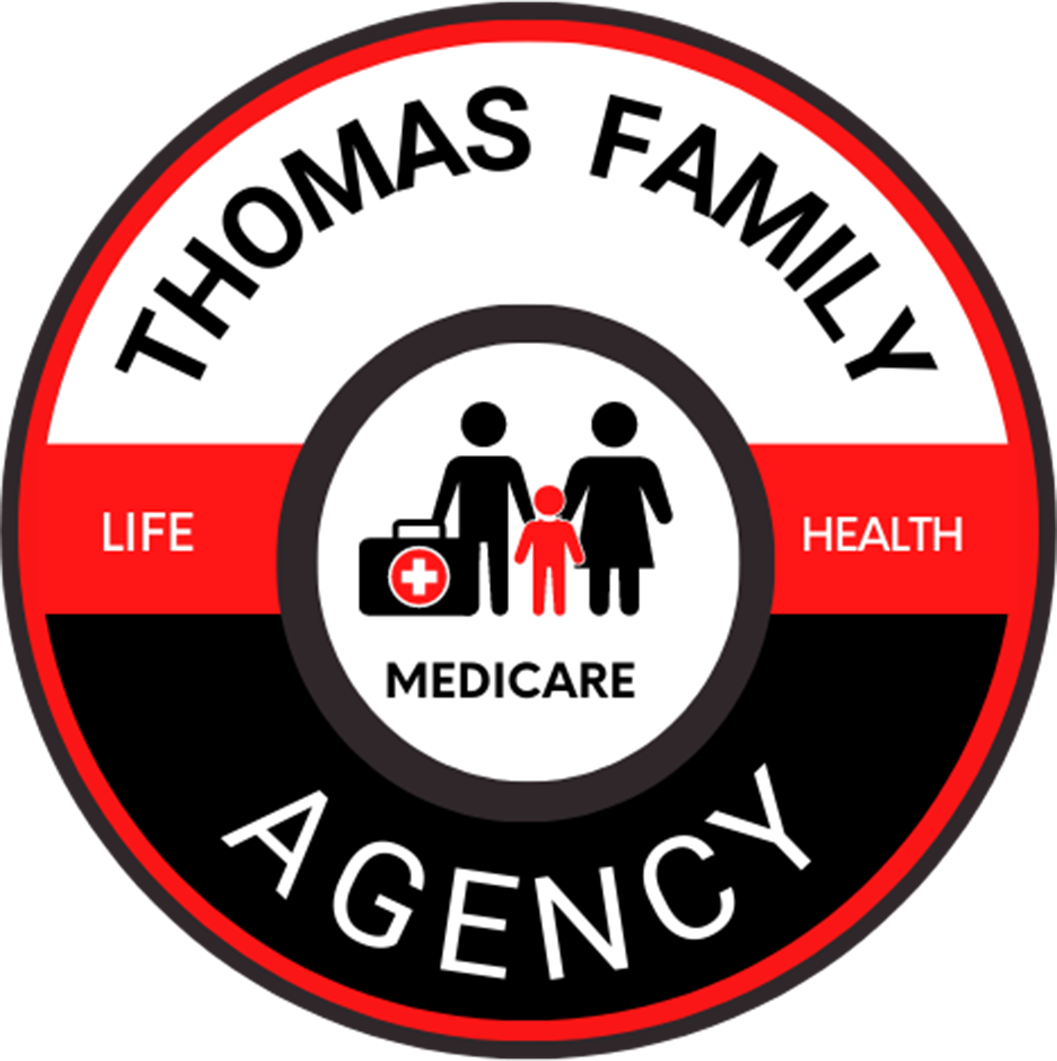Understanding Hearing Health and Medicare Coverage
Hearing Awareness Week, celebrated from March 1-7, is a crucial reminder of the importance of hearing health. Often overlooked, hearing health can significantly impact one’s quality of life, especially for individuals experiencing hearing loss. Understanding Medicare coverage options is essential as hearing care needs vary by individual. Knowing what is and isn’t covered can make a significant difference in managing those needs effectively.
Routine Hearing Care
Traditional Medicare does not cover routine hearing exams, hearing aids, or fitting exams, which can have a profound financial impact on those needing hearing aids. This lack of coverage leaves many individuals searching for alternative solutions to afford necessary hearing care.
Medicare Advantage Options
Medicare Advantage (Part C) plans typically offer more comprehensive coverage, including annual hearing tests and hearing aid fitting exams. However, these plans often come with limitations, such as copayments, benefit caps, or restrictions on the frequency of hearing aid purchases, frequently every two or more years.
Diagnostic Exams
Medicare Part B covers diagnostic exams for hearing loss and related conditions, such as balance disorders or ringing in the ears, when ordered by an eligible provider. This coverage ensures that hearing issues can be properly diagnosed and treated, providing a crucial step in managing one's hearing health.
Out-of-Pocket Costs
For Medicare Part B diagnostic exams, beneficiaries generally pay 20% coinsurance after meeting the deductible. If the deductible has been met for another Part B-covered service, only coinsurance may apply. Supplemental plans, such as Medigap, can help cover these out-of-pocket costs, providing financial relief to those in need.
Other Assistance Options
Fortunately, other resources for hearing aid assistance exist, including Medicaid, the VA, or charitable organizations. Moreover, the 2022 approval of over-the-counter hearing aids provides a more affordable option for individuals with mild to moderate hearing loss.
Addressing hearing care needs and understanding Medicare options is crucial. Accessible support can make a transformative difference in maintaining one’s hearing health. If you’d like to review your Medicare plan or explore options that may help support your hearing care needs, please feel free to reach out. Encourage your readers to get in touch for personalized guidance or to schedule a consultation to review their hearing care coverage.
Let's Chat!
Book a No Cost Review today— no commitment, just a friendly conversation about your needs.
Contact Us
We will get back to you as soon as possible.
Please try again later.
TPMO Disclaimer: We do not offer every plan available in your area. Any information we provide is limited to those plans we do offer in your area. Please contact Medicare.gov or 1-800-MEDICARE (TTY users should call 1-877-486-2048) 24 hours a day/7 days a week to get information on all of your options.
Not affiliated with or endorsed by the government or Federal Medicare Program.
© 2025 THOMAS FAMILY AGENCY
